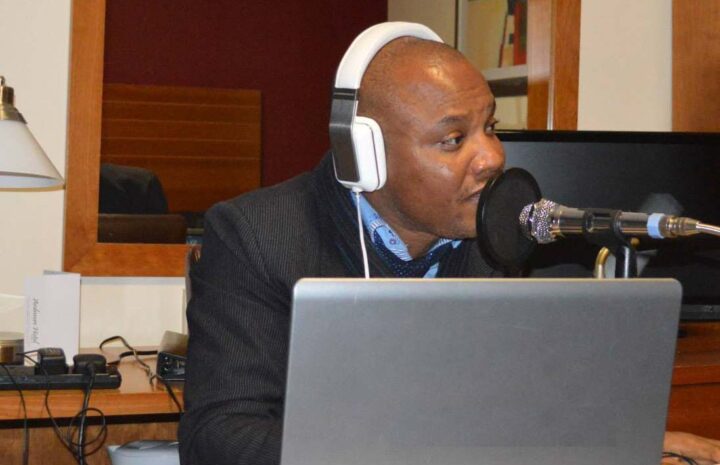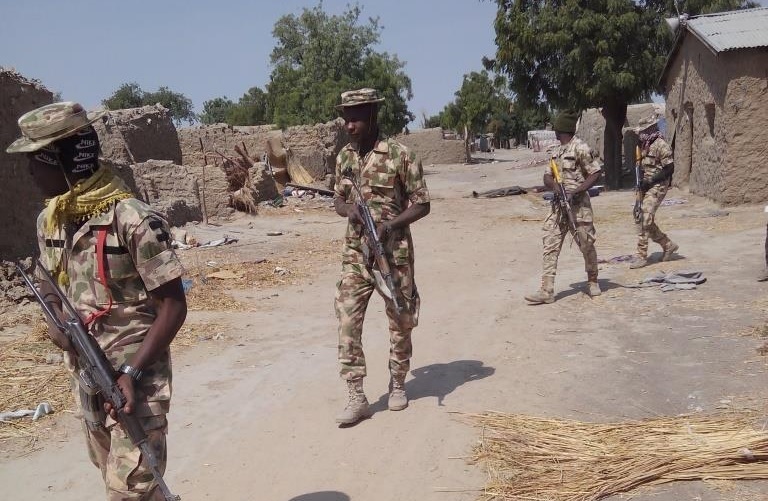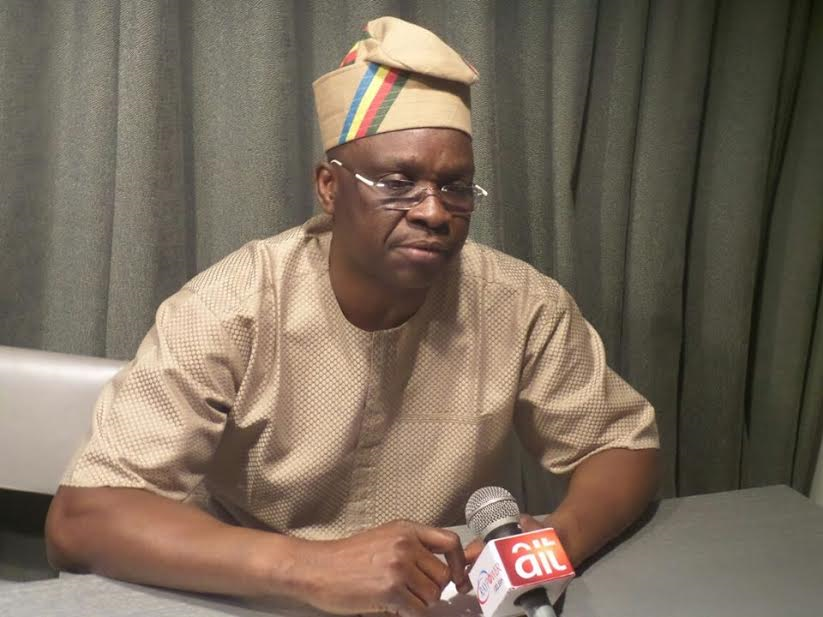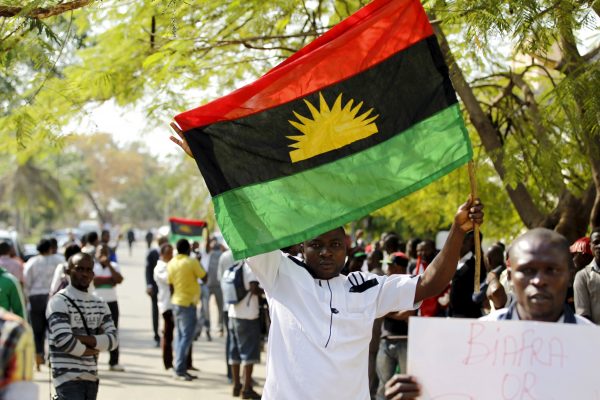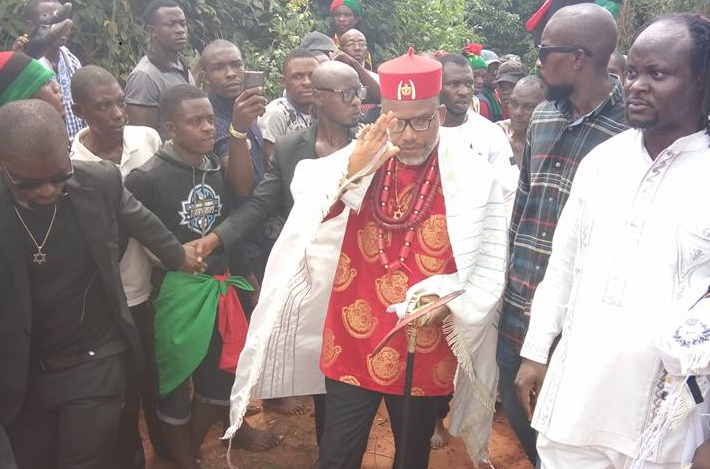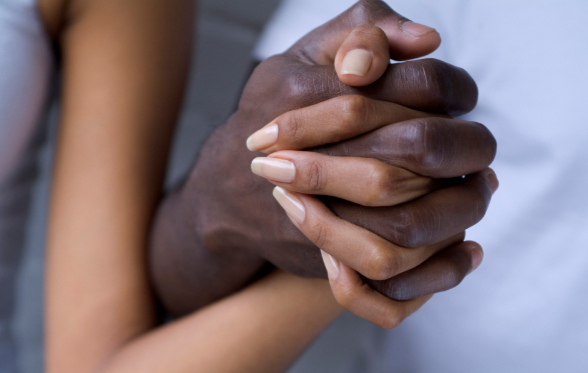BY AYOBAMI AKANJI
The recent potential threat on national unity posed by hate speeches emanating from various parts of the country has created anxiety and doubts on whether or not Nigeria will still remain a sovereign entity.
An undiscerning mind can easily draw the conclusion that these threats posed real and potential danger, especially when viewed against the backdrop that those who expected to speak against such threats in order to douse the tension it generated are either keeping quiet or reacting a bit too late.
Such situation gives an incline and suspicion that the elite, who are expected to immediately condemn the hate speeches, are either in support of the utterances or are sponsoring such activities because of incompatible group interests. Another obvious temptation is the possibility to conclude that most Nigerian elite are pursuing sectional interests rather than national interest.
Advertisement
As Nigerians and foreigners alike pondered on what will become the fate of Nigeria when the hate speeches were taking its toll on the country, a glimmer of hope that it was not bad after all manifested when leaders and stakeholders from the south-east met with Acting President Yemi Osinbajo.
At the meeting the south-east leaders insisted that the unity of Nigeria is not negotiable and this signified that all hope is not last and that the situation is still redeemable. Apart from the meeting with the south-east leaders, Osinbajo’s engagement with leaders of Northern extraction and their counterparts from other geo-political zones produced similar results. The engagements and the unifying words showed the power of persuasion and responsiveness of the Federal Government and the roles in could play in dousing tension in the country.
The outcome of all the engagements showed that the Nigerian state has come to stay. However, the only observed challenge is how the different ethnic, religious and cultural entities that make up Nigeria will be accommodated in such a way that no group will feel alienated or marginalized in resource allocation, welfare, security of lives and property.
Advertisement
Over the years, successive administrations in Nigeria made efforts to foster national unity. A look at various universities and unity schools in the country showed that students from respective parts of the country studied under the same academic environment. The National Youth Service Corps (NYSC) also stands out as one scheme that has ensured national integration for several decades. The NYSC policy came to existence in pursuance of national consciousness and patriotism.
Based on recent developments, it behooves that the propagation of the negative sides of the nation’s history should not be the point of focus in national discourse rather, the collective efforts of its past and present efforts should be upheld and propagated in the spirit of oneness and collective development.
A poignant question to ask is why must Nigeria remain one? The nation is the only African nation that possesses immense human and natural resources that attract most attention from the international community especially the super powers. Nigerians must also be mindful of the clandestine agenda of those nations that are envious of the dividends of our diversity.
Ghana, Togo, Cote d’ Ivoire and Senegal overcame secession threats at different points in their history and this should be a lesson for Nigeria since it is the mouth piece of the African continent. For the nation to continue enjoying such status, political stability, peace, security and development are key qualities.
Advertisement
It is important to underscore the fact that no African nation, split through referendum or by civil war has really achieved high level of security and development. Most of the countries that experienced wars or civil strife still spend scarce resources to processes and purchase arms to fight against insurgencies. Nigeria should avoid such situation considering that fact that the nation survived a civil war that lasted three years.
Inferences could be drawn from Libya and South-Sudan. Both countries depict the gloomy picture of divided nations torn apart by strife.
The implementation of a dynamic policy of unity of purpose which the current leadership is leaning towards will ensure that all Nigerians have a better understanding of the collective interest. The full implementation of the strategy will halt permanently agitations for secession and consolidate the much desired unity of the nation.
Any move to cause war or civil strife in Nigeria should be avoided because of its negative impact on the growth and development of the nation. George Kennan, an American diplomat and strategist who captures the frightful impact of hate speech purveyors said: “War has a momentum of its own, you know where you begin. You never know where you are going to end.’’
Advertisement
Akanji, a political strategist, wrote from Abuja
Advertisement
Views expressed by contributors are strictly personal and not of TheCable.
Add a comment
